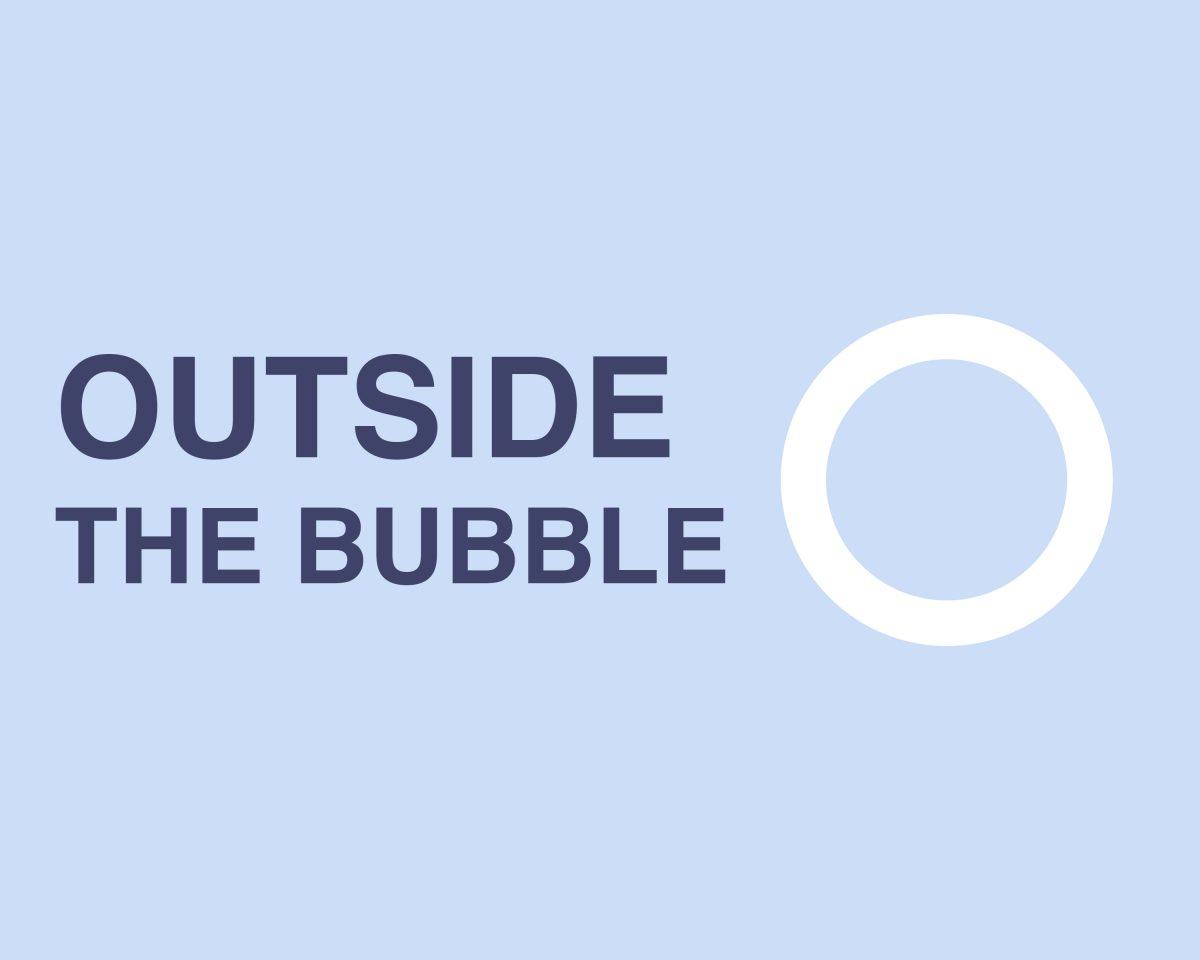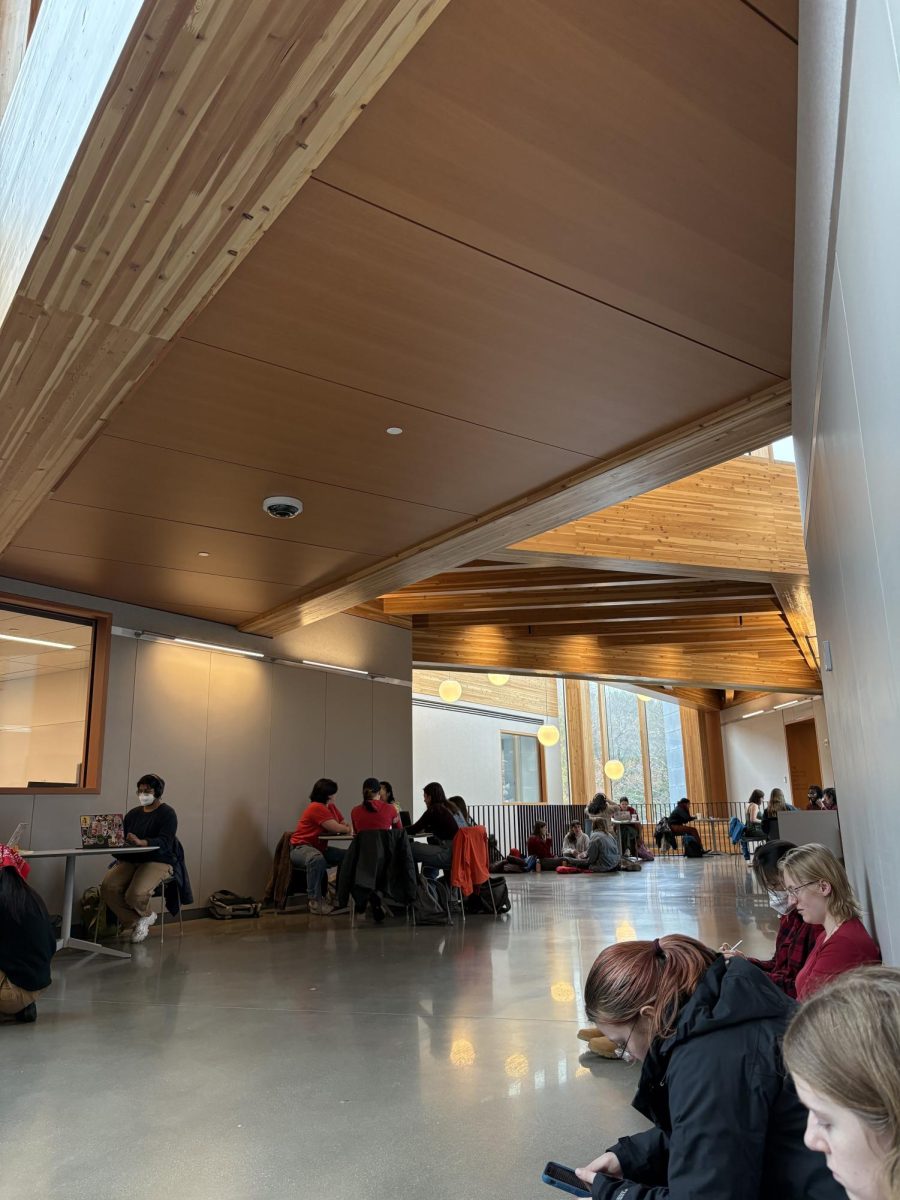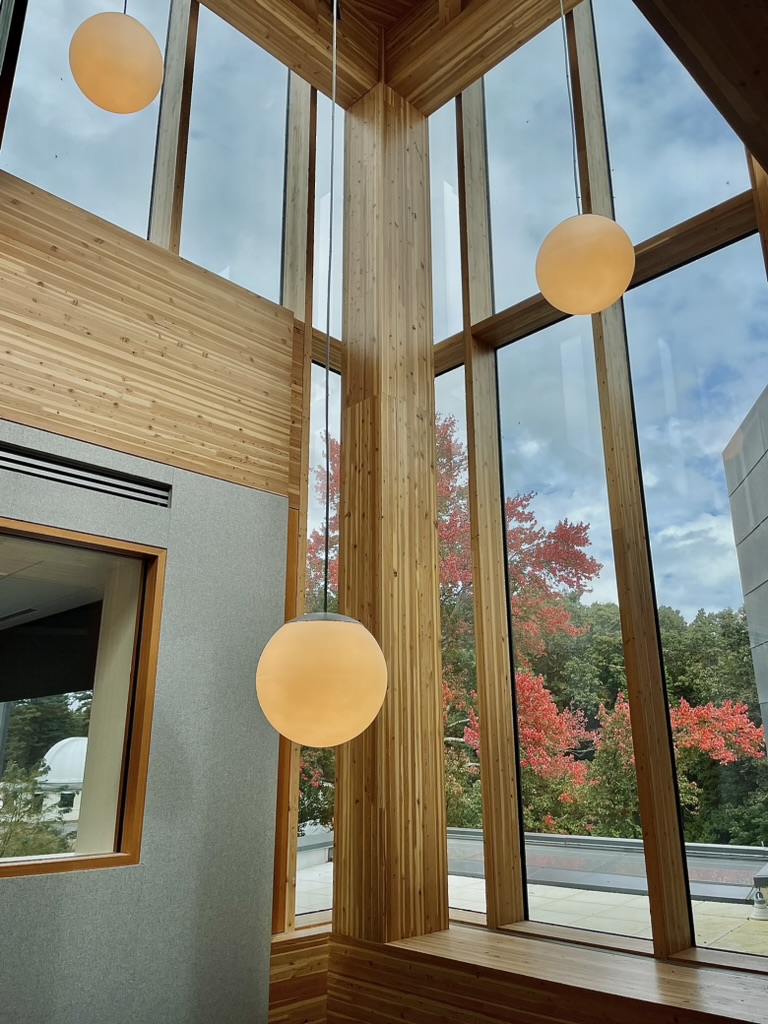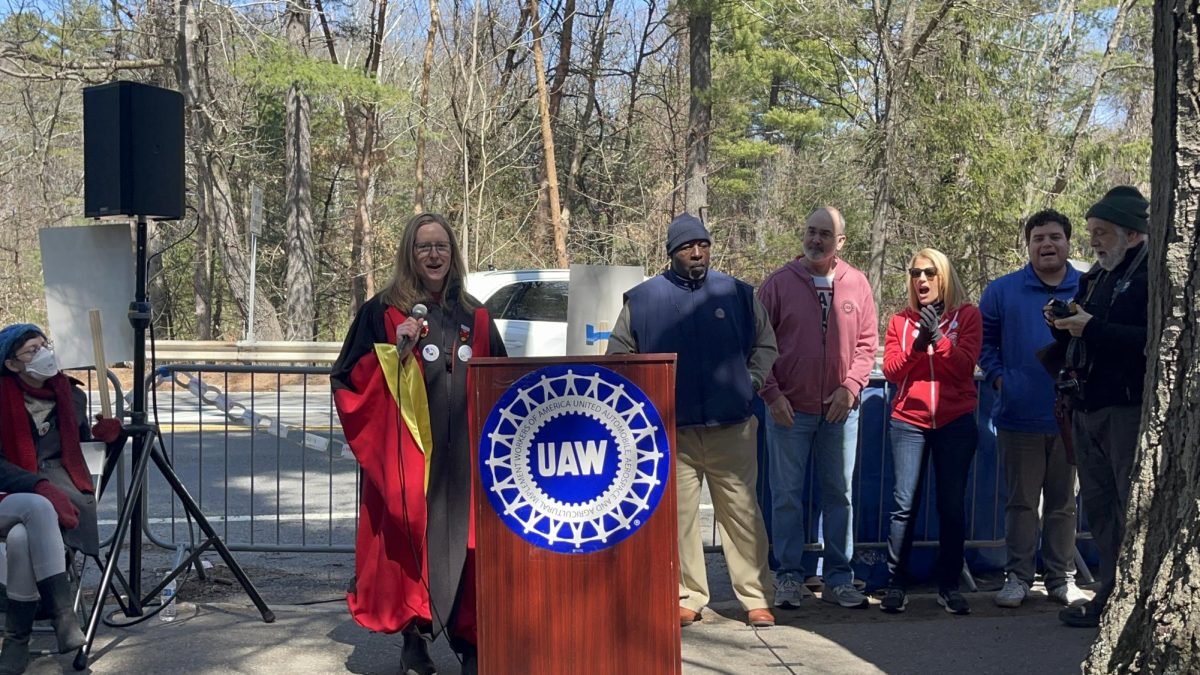Amazon Headquarters
Boston has made it onto a 20-city list of finalists for the second Amazon headquarters in North America. The company currently operates out of Seattle but is going to open a new location, dubbed HQ2. The attraction of a large company’s headquarters to Boston could greatly strengthen the city’s economy and further solidify the city’s reputation as a tech hub. However, many other cities want these benefits as well, and the competition is fierce. Boston is competing against cities like New York, Toronto, Atlanta and Chicago. The proposed location would be the Suffolk Downs horse racing track in East Boston, which would provide Amazon with proximity to Boston Logan International Airport.
WBUR Multimedia Space
The public radio station WBUR, affiliated with National Public Radio (NPR) and Boston University, is building a multimedia center called CitySpace to serve as a hub for journalism and cultural events. It hopes to open by the end of this year after starting construction on March 1 and will be a place for public conversation. The idea is to bring radio into the real world, where it will become more accessible, especially to young people. WBUR has raised $10 million for the center’s construction. $2 million of that sum was donated by the Barr Foundation, a Boston philanthropic nonprofit started by the Hostetter family which also gave money to Wellesley College. WBUR would like to raise another $10 million to run the center since it does not want it to be a performance space or venue, but rather a place to learn. The space occupies 8,500 square feet on Commonwealth Avenue and sees a lot of foot traffic.
Marijuana
Massachusetts Governor Charlie Baker and Boston Mayor Marty Walsh are calling for a slower rollout of the legalized marijuana industry. Currently, dispensaries are set to open in July along with secondary licenses which apply to places like cafes that might also sell marijuana but not as their focus. Baker is concerned that the Cannabis Control Commission will lose control if they immediately allow different types of licenses, and wants to just start with dispensaries. Advocates for the marijuana industry say this would violate the law allowing for the recreational use and sale of marijuana because there is a provision that says the marijuana industry must benefit the communities that suffered because of the War on Drugs and mass incarceration due to drug-related charges. The advocates claim that having a slower rollout for these secondary licenses would create a two-tier system because these traditional licenses are more expensive to obtain and so only the wealthy would be able to partake in the industry, violating the law. The Commission will finalize its decision on the time of the rollout and what that will look like on March 15.
Boston Transportation
Boston moved up in Inrix’s survey of cities with the worst transportation around the nation. We have the seventh worst traffic in the country, overtaking Dallas. There was an increase over the last year in the time spent in congested traffic, with the average Bostonian spending 60 hours a year in traffic. Boston is also one of the smallest cities, both in terms of size and population, to make the top 10 cities for worst traffic. This report came a couple of weeks after an article was published in The New York Times about the shortfalls of New York City’s subway system, the MTA. Meanwhile in Boston, there was a recent crash on the Mattapan High Speed line, further slowing down service. Boston should invest heavily in its transportation infrastructure. While New Yorkers can validly complain about their own public transit, Boston’s system is dismal, causing more people to take to the road and further adding to the congestion.
Dunkin Donuts
Dunkin Donuts will be phasing out the use of styrofoam cups over the next two years, converting to paper cups for their hot beverages. This will eliminate an estimated one billion styrofoam cups from entering landfills, although the lids will continue to be non-recyclable. While the rest of country celebrates the environmentally-friendly move, many in New England are decrying this decision. New Englanders are famous for drinking iced coffee in all weather, and Dunkin’s styrofoam cups allowed a person to hold a cup of iced coffee in the winter without having their hands become extra-cold. The original purpose of the styrofoam was to insulate hot beverages, and the new, double-walled paper cups have already been introduced at select locations for this purpose. Cold beverages will remain in plastic containers.
General Electric
GE moved into Boston in 2016 amid much publicity and excitement. Like the proposed Amazon headquarters, it brought the promise of a boost to the economy and the creation of new jobs. It also had plans to build a bigger campus in the Seaport District and fully transition to Boston by this year. However, the company is experiencing significant financial troubles. After a CEO change in August, it finished $15 billion below projection and owes $31 billion in benefits to employees. There are talks of breaking up the company, and the Securities and Exchange Commission is investigating its dealings. Although the future for the company is uncertain, GE CEO and chairman John Flannery says that they are still planning to build a larger headquarters in Boston but will delay construction until 2021.






